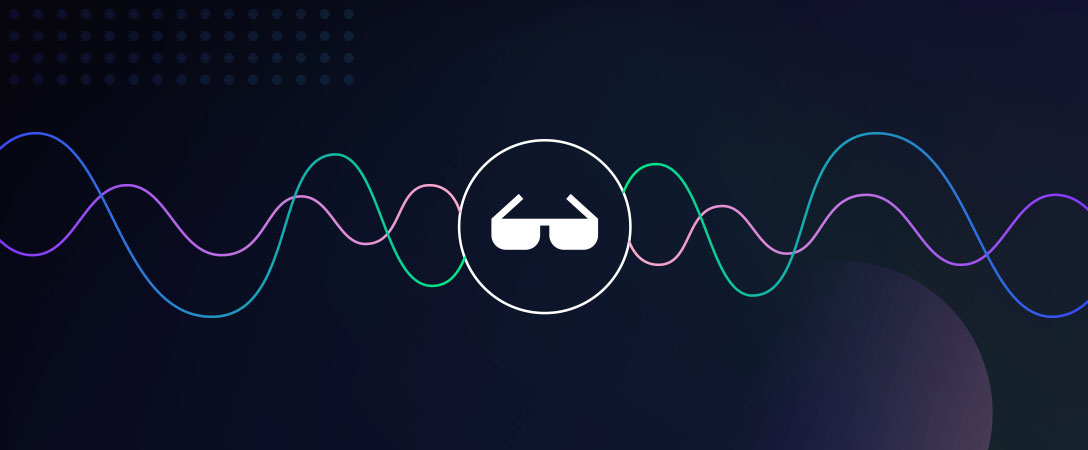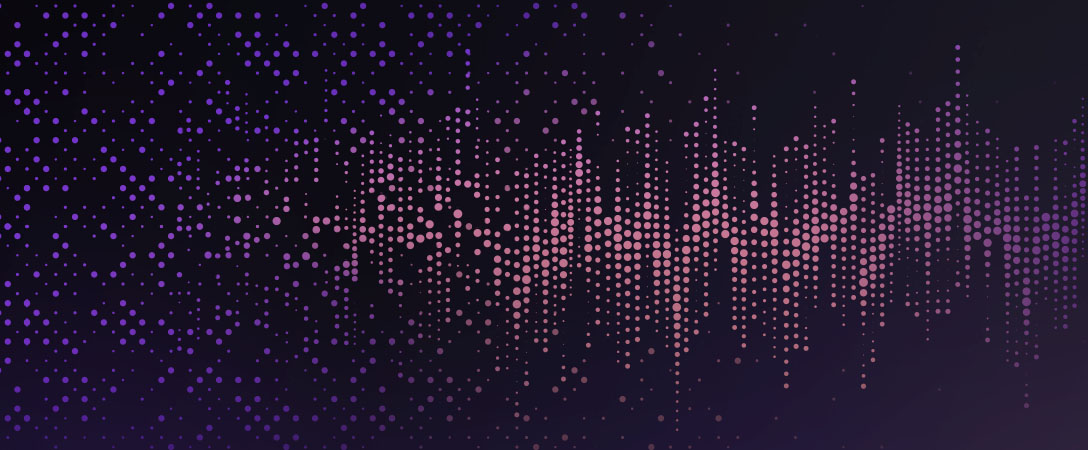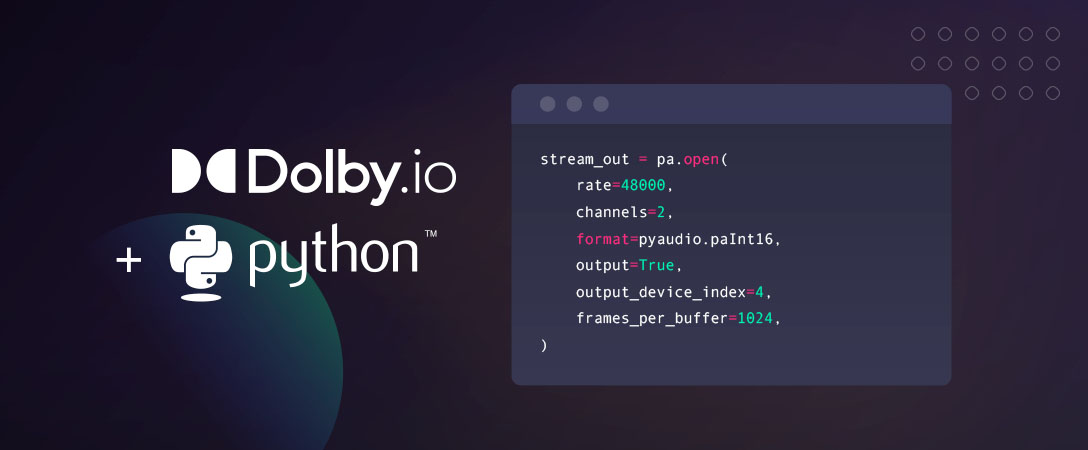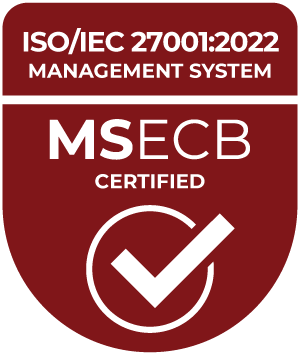We’re big fans of awesome lists. Whether you are learning about databases, security, python, javascript, networking, etc. there is a curated list of community bookmarks in a markdown file on GitHub just for that topic.
We were surprised to discover that while there were a few lists related to specific audio domains, there wasn’t an awesome audio list to help somebody new to audio navigate the broader ecosystem. To help the community get started with building audio applications seemed like an area that some of the researchers and engineers at Dolby should be able to help with.
We spent some time asking folks around Dolby to share some of their favorite bookmarks and this is what we came up with. You can find the complete list in the GitHub repository here:
https://github.com/DolbyIO/awesome-audio
How It’s Organized
As is tradition, you can find the complete list with some categories in the README.md of the repository.
The categories are:
- Audio Code – software applications, tools, apps, and APIs you can use to solve audio-related problems touse in your own awesome projects
- Audio Community – social media, discussion groups, events, and audio experiences you can seek out to increase your appreciation for awesome audio
- Audio Domains – domain and use-case resources such as broadcasting, communications, games, music, and the web where people are doing awesome work
- Audio Education – resources such as books, courses, tutorials, journals, and blogs that are worth checking out to become more awesome with audio yourself
- Audio Hardware – resources for hardware specific audio concerns such as recording and listening equipment
- Audio Research – resources and research for learning more about audio algorithms
As you might imagine, sometimes categorizing a resource can be ambiguous. To address this we’ve done two things:
(1) Items may appear under multiple categories to help with discoverability.
(2) There is the primary list but also alternate lists. There is a full alphabetical index as well as variations that provide useful slices based on complexity or pre-requisite knowledge you may or may not yet have. We hope these alternate learning paths will be useful for somebody just looking to get started as well as those who are seeking more advanced solutions.
Code of Conduct
To borrow a phrase from the awesome manifesto, “only awesome is awesome”. Let’s all strive to be kind, welcoming, and helpful.
How to Contribute
Did we miss something in the list? Highly likely, so if your most beloved resources are something you’d like to see added, please check the contributing guidelines and code of conduct then Submit an Issue with your suggestions.








